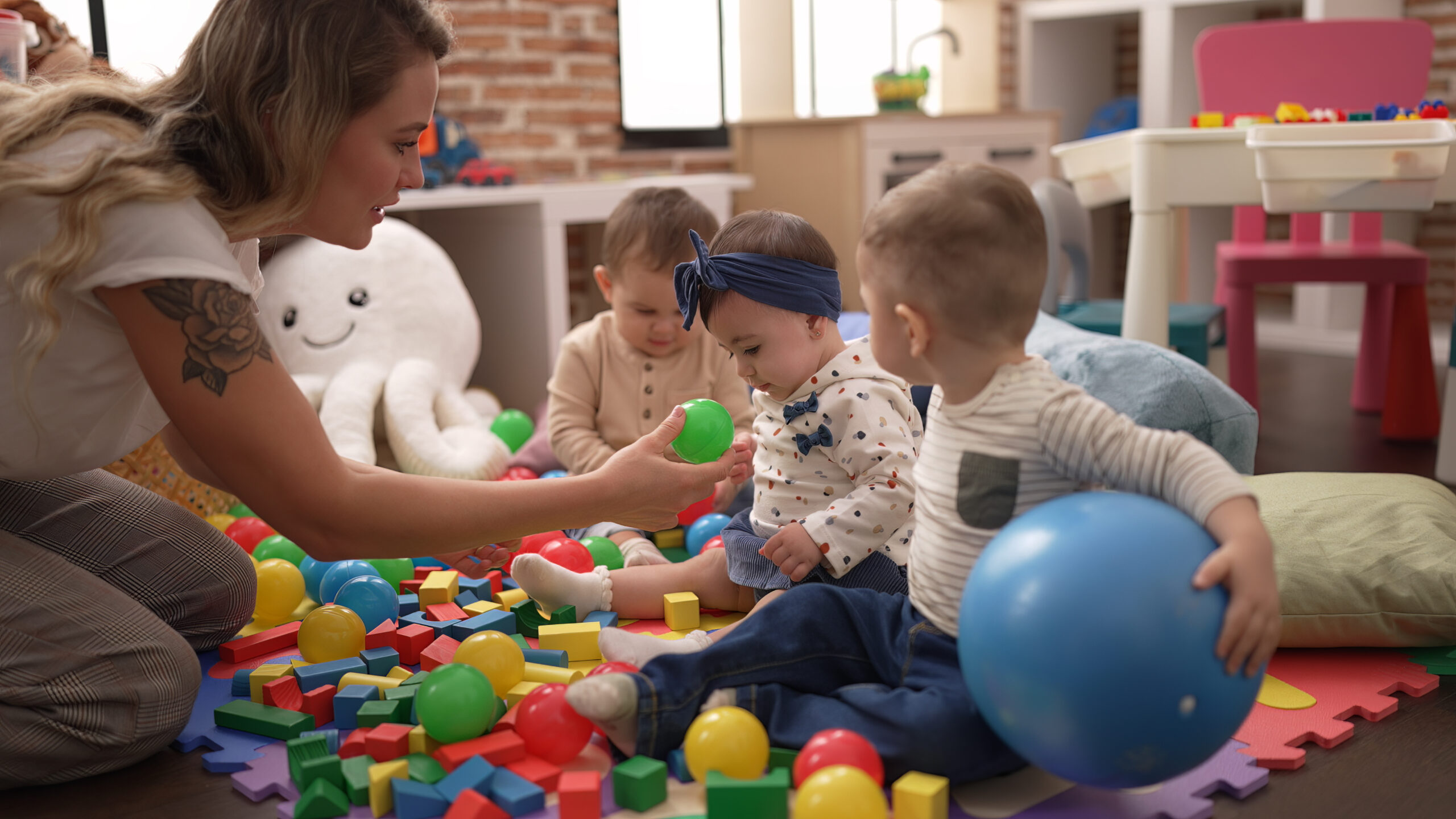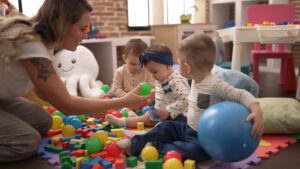Primary Care Begins in the Preschool Classroom
For many children, it is within these preschool classrooms where issues such as malnutrition, developmental delays, emotional difficulties, and learning needs are first identified. Far from being merely educational spaces, these schools have become centers for health promotion and early intervention. Their strength lies in proximity—they operate within the neighborhoods they serve, know each family personally, and can act swiftly in contexts where state intervention is often delayed.
Organizations supporting these centers integrate educational activities with growth monitoring, hygiene workshops, vaccination drives, nutrition education, and early stimulation programs. What began as a childcare network to allow parents to work has evolved into a preventive health system of first contact, capable of reducing healthcare gaps in underserved areas.
Nutrition and Early Development
The impact of these initiatives is especially visible in nutrition. In neighborhoods where access to fresh, healthy food is limited, many community preschools have established school kitchens, agroecological gardens, and family workshops on mindful eating. Private funding—from foundations, socially responsible companies, and individual donors—ensures balanced meals supervised by nutritionists who also provide personalized guidance.
For a vulnerable child, access to three nutritious meals a day can define their growth curve, cognitive development, and energy for learning. Numerous studies confirm that early childhood nutritional interventions are among the most cost-effective strategies to prevent disease and improve long-term health outcomes.
These preschools also serve as spaces for developmental monitoring, where teachers trained in early stimulation can identify warning signs in language, motor skills, or emotional regulation. In contexts where access to pediatricians, speech therapists, or psychologists is limited, preschools coordinate early referrals to partner health services or specialized campaigns organized by NGOs. Early detection thus becomes a lifeline, ensuring timely treatment and preventing future complications.
Supporting Families and Strengthening Communities
Community preschools also play a crucial role in supporting families. In households affected by poverty, long working hours, and lack of information, maintaining consistent child healthcare can be difficult. To address this, preschools offer health education workshops for caregivers on hygiene, respiratory illness prevention, parenting practices, home stimulation, and breastfeeding.
Some organizations have expanded these efforts through home visit programs, which help reinforce healthy habits, identify environmental risks—such as unsafe water, dampness, or insect-borne disease—and connect families with essential services.
Access to clean water is another vital area of intervention. In regions where public infrastructure is inadequate, foundations and companies have financed the installation of filters, storage tanks, and purification systems, ensuring safe water throughout the school day and even allowing families to refill containers to take home. These efforts have led to reduced diarrhea rates, lower absenteeism, and improved hygiene among children and families.
Safe Spaces for Growth and Emotional Care
In communities facing chronic poverty, displacement, or violence, community preschools also serve as safe and stable environments. Psychopedagogues and counselors work with children and families to build emotional resilience, improve conflict resolution, and strengthen family bonds.
This collaborative model does not replace public policy but demonstrates that alliances between private actors and local communities can provide timely and effective solutions to urgent needs. Early childhood is a critical period, and every intervention during these formative years leaves a lasting mark—shaping not only individual lives but also the collective future of entire communities.



